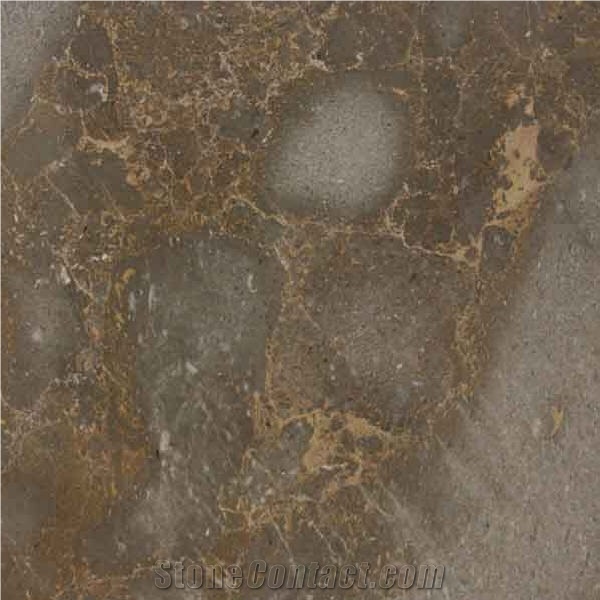Can Tunisia's Gattouna Marble be used exterior applications in very dusty climates?
Tunisias Gattouna Marble can be used in exterior applications in dusty climates, but certain precautions should be taken.
Marble is a natural stone that is known for its elegance and durability. However, it is not as dense as some other stones like granite, and therefore it may be more susceptible to wear and tear in dusty environments.
In very dusty climates, the marble may require more regular maintenance, including frequent cleaning, sealing, and protection from abrasive dust particles. Regular cleaning will help prevent dust from accumulating on the surface, which can dull the marbles shine over time.
Additionally, it is important to properly seal the marble to protect it from moisture and prevent staining. A good-quality sealer will not only make the marble stain-resistant but will also create a protective barrier against the penetration of dust and other contaminants.
In extremely dusty climates, it may be a better choice to opt for a denser and more stain-resistant stone, such as granite or quartzite. These stones are less prone to wear and tear and can better withstand the challenges of dusty environments without requiring as much maintenance.
Ultimately, the suitability of Tunisias Gattouna Marble for exterior applications in very dusty climates depends on the level of maintenance that the stone receives and the frequency of cleaning and sealing. It is always recommended to consult with a stone professional or supplier to ensure the best choice of natural stone for specific environmental conditions.
Tunisias Gattouna Marble can be used in exterior applications in dusty climates, but certain precautions should be taken.
Marble is a natural stone that is known for its elegance and durability. However, it is not as dense as some other stones like granite, and therefore it may be more susceptible to wear and tear in dusty environments.
In very dusty climates, the marble may require more regular maintenance, including frequent cleaning, sealing, and protection from abrasive dust particles. Regular cleaning will help prevent dust from accumulating on the surface, which can dull the marbles shine over time.
Additionally, it is important to properly seal the marble to protect it from moisture and prevent staining. A good-quality sealer will not only make the marble stain-resistant but will also create a protective barrier against the penetration of dust and other contaminants.
In extremely dusty climates, it may be a better choice to opt for a denser and more stain-resistant stone, such as granite or quartzite. These stones are less prone to wear and tear and can better withstand the challenges of dusty environments without requiring as much maintenance.
Ultimately, the suitability of Tunisias Gattouna Marble for exterior applications in very dusty climates depends on the level of maintenance that the stone receives and the frequency of cleaning and sealing. It is always recommended to consult with a stone professional or supplier to ensure the best choice of natural stone for specific environmental conditions.
 Tunisia
(Gattouna, Foundek Djedid)
Tunisia
(Gattouna, Foundek Djedid)















